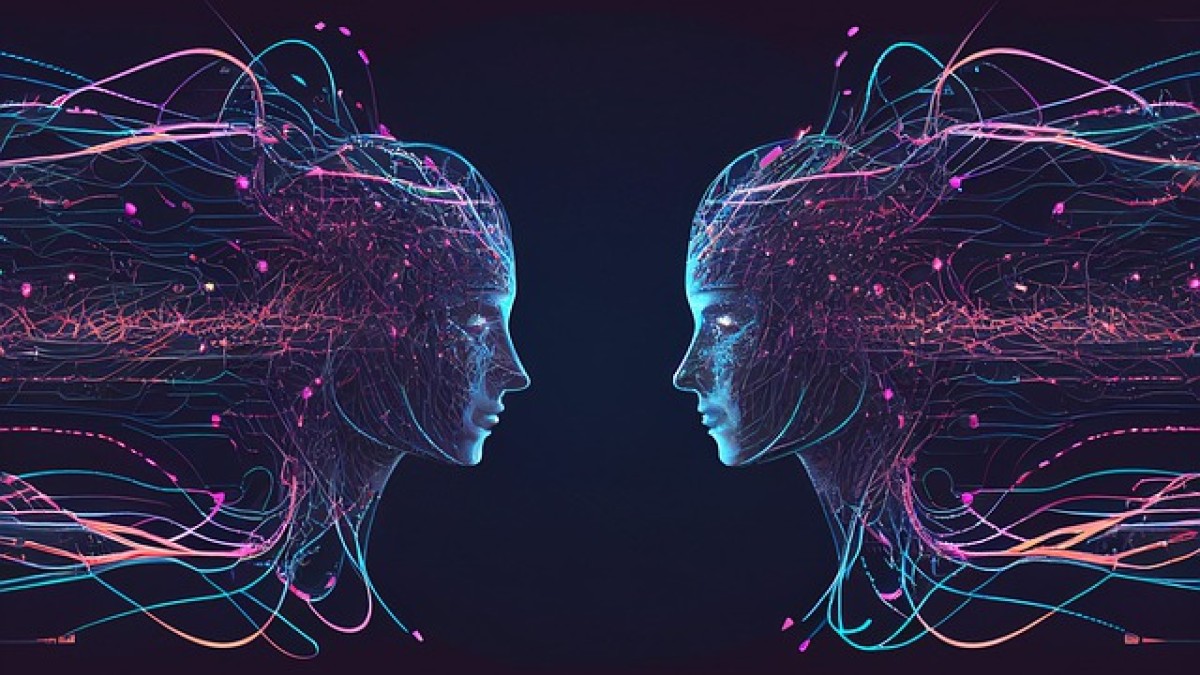Patent Law must encourage the use and development of AI to remain fit for purpose: Professor Abbott to give evidence to the United States Senate Committee
Patent law should be amended so that AI-generated inventions are patentable, according to Professor Ryan Abbott who is about to give evidence to the United States Senate Committee on Intellectual Property.

In the hearing set to take place on 7 June 2023, renowned scholar and expert in law and technology, Professor Ryan Abbott, will emphasise the critical importance of having legal frameworks that do not disincentivise the use and development of artificial intelligence (AI). Professor Abbott’s research argues that a technologically neutral and practical approach to AI regulation is necessary to maximise social benefits and minimise risks associated with this transformative technology.
Professor Ryan Abbott, Professor of Law and Health Sciences at the University of Surrey said:
“Regulations should focus on AI behaviour rather than the specific programming techniques employed. It should make no difference whether a self-driving car operates using machine learning or conventional AI, as long as it avoids negligent actions like striking a pedestrian.”
To achieve this, Professor Abbott recommends that the US Senate adopt the following definition: Artificial intelligence means an algorithm or machine capable of completing tasks that would otherwise require cognition.
Highlighting some of the most prominent problems with non-neutral laws, Professor Abbott highlights that US law prohibits patents on AI-generated inventions and copyrights on AI-generated creative works. By contrast, the United Kingdom explicitly provides copyright protection for AI-generated creative works and the UK Supreme Court is currently deciding on the patentability of AI-generated inventions. Professor Abbott argues that patents on AI-generated inventions will incentivise innovation and encourage investment in research and development.
Professor Abbot continued:
“Allowing patents for AI-generated works would make inventive AI more valuable and reward effort upstream from the stage of invention. Such patents would also promote the disclosure of information, commercialisation, and development of new inventions.”
In the case of AI-generated inventions where no natural person qualifies as an inventor, Professor Abbott suggests listing the AI as the inventor, with its owner assuming ownership of any subsequent patents. This approach ensures transparency, proper attribution of ownership, and protection of human inventors from undeserved acknowledgement.
Professor Abbott’s expertise provides valuable guidance on shaping a regulatory framework that enables the responsible and beneficial use of AI. He writes on a range of topics related to law and technology, intellectual property, and health law. He has extensively published on law and technology, health law, and intellectual property in leading legal, medical, and scientific books and journals. Prof Abbott’s expertise has been recognized globally, and he has been invited to speak at prestigious academic, government, and industry events. Managing Intellectual Property magazine named him one of the fifty most influential people in intellectual property in 2019 and 2021.
###
Note to Editors
Professor Ryan Abbott is available for interview upon request
For more information, please contact the University of Surrey's press office via mediarelations@surrey.ac.uk
Media Contacts
External Communications and PR team
Phone: +44 (0)1483 684380 / 688914 / 684378
Email: mediarelations@surrey.ac.uk
Out of hours: +44 (0)7773 479911
